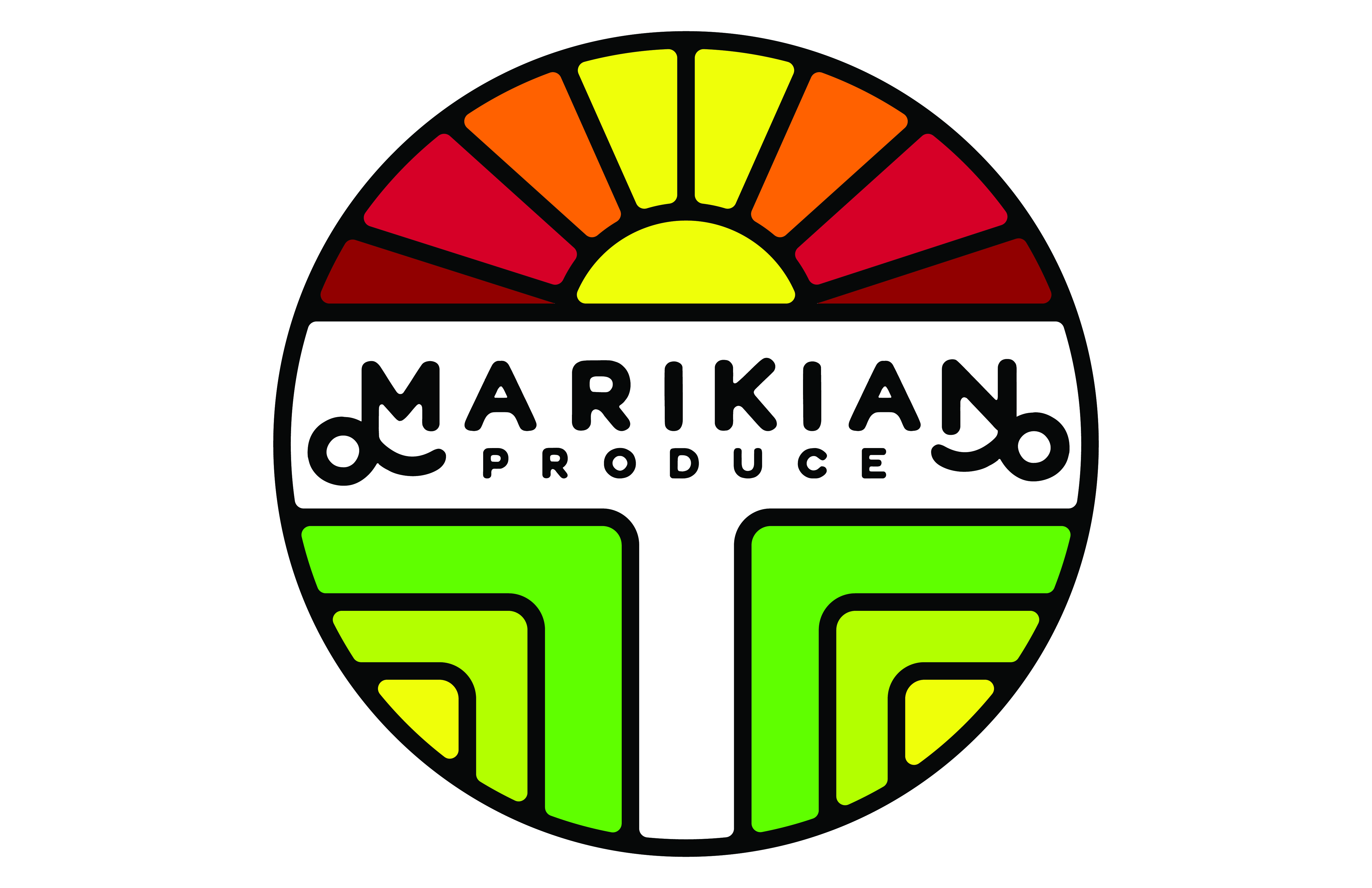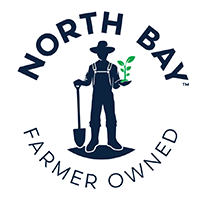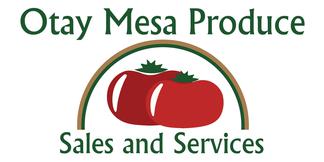KANSAS CITY, Mo. — Millennial consumers are driving growth in alternative retail formats and fresh produce marketers must be ready to respond with authentic and relevant marketing messages.
That’s the advice of Garland Perkins, U.S. retail solutions specialist at The Oppenheimer Group, speaking Aug. 15 at The Packer’s Midwest Produce Expo.
Perkins said millennial consumers support online shopping more than any other generation, and that will increase the influence of online grocery retail in the years ahead. Growth of grocery e-commerce increased 24% in 2016, and studies reveal between 30% and 60% of millennial shoppers purchase groceries online.
Only 4% of fresh produce is purchased online now, she said, but millennial support for online grocery should raise that number considerably in the next five to 10 years.
In terms of shopping habits, millennial consumers tend to have fewer trips to the store but larger average purchases, Perkins said. While produce is often in the shopping basket of millennial consumers, they are slightly less like to plan produce purchases.
“It is key to connect to consumers outside the store,” she said, noting options such as social media and e-mail marketing.
Millennial consumers are more inclined to purchase produce items on impulse and are more engaged with mobile technology, she said.
At 2.7 servings per day, millennial consumers now eat more fruits and vegetables than any other generation, she said.
While 71% of baby boomers use weekly advertising circulars to help them shop, only 38% of millennial shoppers do, Perkins said.
Perkins said that millennial consumers tend to trust recommendations from friends and family. Suppliers should consider setting up a website for shoppers to review their products, she said. While risky, such user reviews are authentic and resonate with millennial shoppers.
Creating appealing websites also is key when trying to connect with millennial consumers, she said.
Commodities like berries kale, Brussels sprouts, avocados and premium apple varieties are a few of the produce items favored by millennial shoppers, influenced by restaurant trends, food bloggers and other influences. Studying the rise of kale among younger shoppers may yield clues on how to increase consumption of all fruits and vegetables, she said.
The most important part of marketing to millennial consumers is telling a story, Perkins said.
Perkins said she working on a grassroots effort to use the hashtag #thisisfreshproduce on all fresh produce related social media posts to introduce more millennial consumers to fresh produce. Perkins also is working on a website and social media accounts related to the hashtag, she said.















